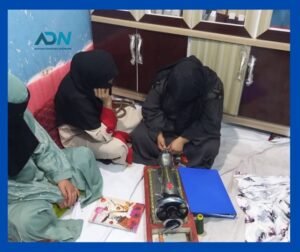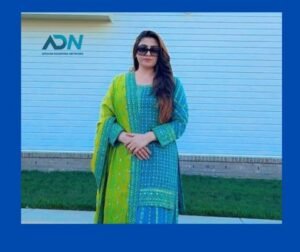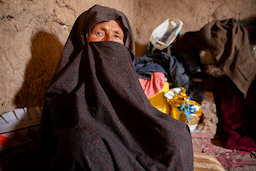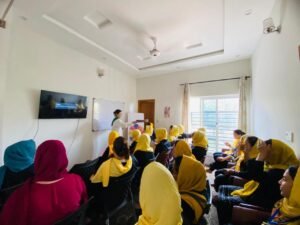Rashid Khan’s Second Marriage Sparks Debate on Polygamy in the Afghan Diaspora
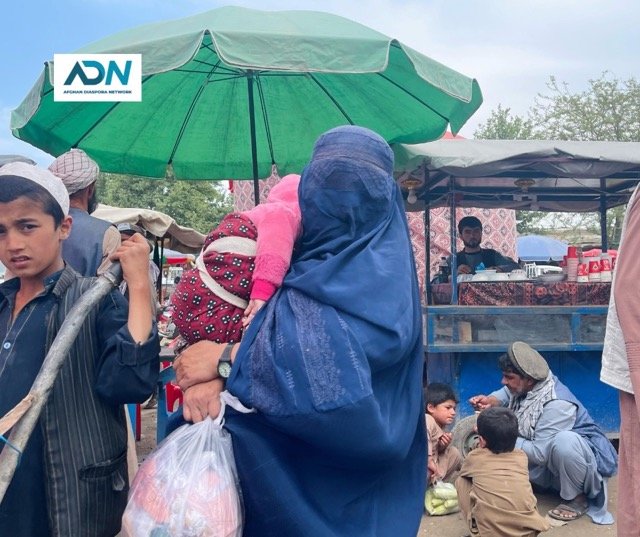
An Afghan woman with her child in northern Takhar province. Photo by @Aadil / ADN
By Muzammil Shinwari
The news of Afghan cricket star Rashid Khan’s reported second marriage has reignited debate across Afghan social media, stirring conversations far beyond celebrity gossip. The discourse touches on gender, culture, morality, and the evolving values of Afghan communities both inside Afghanistan and in diaspora.
For some, polygamy is a religiously sanctioned and culturally rooted practice. For others, it represents an outdated patriarchal system that undermines women’s dignity – particularly at a time when Afghan women under the Taliban are already stripped of many basic rights. Within the Afghan diaspora, Khan’s decision has become a lens through which social, ethical, and legal norms are debated.
Diaspora Reactions
Social media responses reveal a complex and often contentious landscape of opinions, where support and criticism intersect with broader societal critique.
Edris Stanikzai, a former Afghan government official on X, criticized Afghan feminists for focusing narrowly on men’s choices while overlooking women’s agency: “They ask, ‘Why does a man take a second wife?’ But they never ask, ‘Why does an educated woman choose to become a man’s girlfriend or second wife?’ The injustice that women inflict on other women is something men have never done.”
Zarmina Paryani, a feminist previously imprisoned by the Taliban, directed her critique at a female journalist who married a politician with a previous wife:
“Whenever you find the courage to apologize to the first wife… then you can start talking about primitive and non-primitive culture.” Paryani also called out male hypocrisy, addressing the journalist’s husband: “Before you talk about the Taliban and women of Afghanistan, reflect on the betrayals you’ve committed against your own wives… Rashid Khan and Sharafat Parwani at least had the courage to speak publicly about ‘second wives.’”
Mujib Rahimi, the journalist’s husband, framed Khan’s marriage as symbolic of modern Afghan values: “Which one do you accept: this — a symbol of human, modern life and social participation — or the Taliban-style symbol of a woman under a burqa, deprived of education and work? Isn’t Rashid Khan’s action a protest against Taliban thinking?”
Filmmaker Sahra Karimi criticized women rights activists defending polygamy: “There’s nothing more foolish than educated women justifying a cricket player’s second marriage in the name of human rights or personal freedom.”Parwana Ibrahimkhil, who spent time in Taliban prison for protesting, added: “A woman defending a man’s polygamy is usually either a second wife herself or the secret lover of a married man.”
Former diplomat Asila Wardak praised Khan’s transparency: “Afghanistan collapsed, but we did not. Many remain trapped in ignorance, violating privacy and reputations. Bravo to Rashid Khan for his courage — unlike millions of Afghan men, he did not hide his second marriage. He was a hero yesterday and still is today.”
Gulchehrah Yaftali, another activist who attended the launch of the Khan Foundation in the Netherlands alongside Khan and his second wife, initially praised his public acknowledgment but reconsidered after criticism from peers: “How strange to see a woman defending injustice against another woman while calling herself an intellectual. Feminism is about solidarity against patriarchal oppression, not defending injustice.”
Sahar Ehsan, a social media user, offered a sarcastic critique of Afghan men and public perceptions: “Bravo! Dear Afghan men: learn from this and courageously announce your second marriages so that this ‘culture’ may continue. Public figures are role models for the youth, and everything they do is imitated in society. Saying that it’s private and no one should interfere is absurd and ridiculous!”
The debate reflects broader tensions in Afghan society: the clash between tradition and modernity, personal choice and social expectation, and gendered moral judgment. Afghan women are not a monolith; while some condemn polygamy, others critique male hypocrisy or question the accountability of women themselves. Social media has transformed private choices into public discussions, forcing a reckoning over cultural values, fairness, and morality.
Polygamy, Legal Gaps, and Host-Nation Challenges
Khan’s marriage also exposes a legal and social tension within diaspora communities. While polygamy is religiously permitted, it is not recognized in Western countries such as the U.S., Canada, the U.K., or across Europe. Second marriages conducted without civil registration can create vulnerabilities, particularly for women lacking legal or financial protection.
Experts note that some men exploit gaps between religious and civil law, arranging second marriages that the state does not recognize, leaving women exposed to neglect, abandonment, or abuse.
Host nations are aware of polygamy within immigrant communities, but enforcement is often inconsistent. Cultural sensitivities and privacy concerns complicate intervention, and governments generally rely on civil law rather than policing religious practices.
Advocacy groups argue that education, legal awareness, and women’s empowerment are more effective than punitive measures. Knowledge of rights, access to economic independence, and social support reduce the likelihood that women will accept polygamous arrangements that leave them vulnerable.
Rashid Khan’s public acknowledgment of his second marriage also raises questions about transparency and societal norms. In communities where secrecy often shields patriarchal practices, public disclosure can force discussion about ethics, accountability, and power dynamics. His openness has highlighted a divide between old social norms and evolving diaspora expectations, prompting debates not only about religion and culture but also about fairness, gender equality, and moral responsibility.
The discussion surrounding Khan’s second marriage is about much more than one celebrity. It reflects entrenched patriarchal norms, societal hypocrisy, and the pressures Afghan women face in navigating love, marriage, and social expectation. It also underscores the complex reality for Afghan diaspora communities, where cultural traditions collide with host-nation laws and international norms, creating both legal and social challenges for women.
Whether in Kabul, Berlin, Washington, London or Sydney, Rashid Khan’s second marriage has reopened a long-simmering question: can Afghan diaspora reconcile faith and fairness, or will polygamy remain a fault line dividing traditional values from modern social expectations?
The conversation continues to test the boundaries of morality, identity, and the evolving ethics of Afghan communities at home and in diaspora.
Muzammil Shinwari, a member of the Afghan diaspora in Berlin, formerly worked as a doctor in Afghanistan’s healthcare system.
Note: The contents of the article are of sole responsibility of the author. Afghan Diaspora Network will not be responsible for any inaccurate or incorrect statement in the articles.


